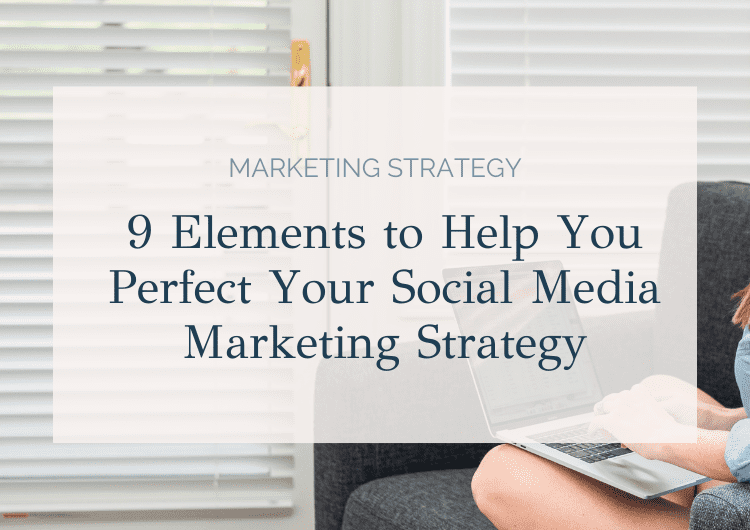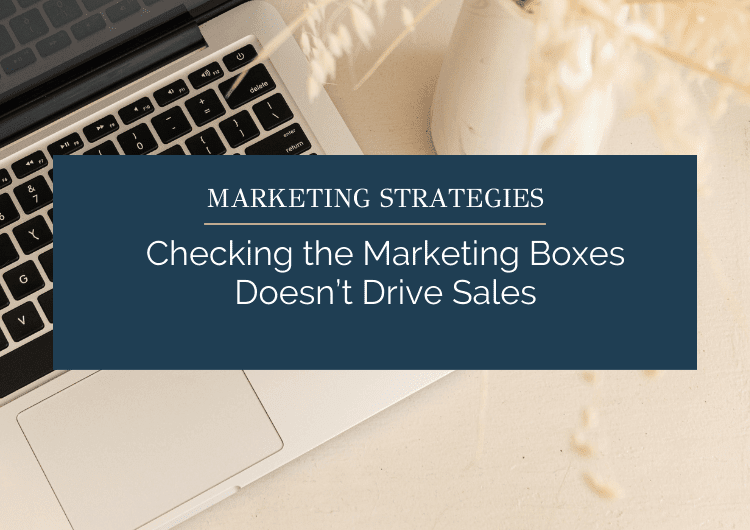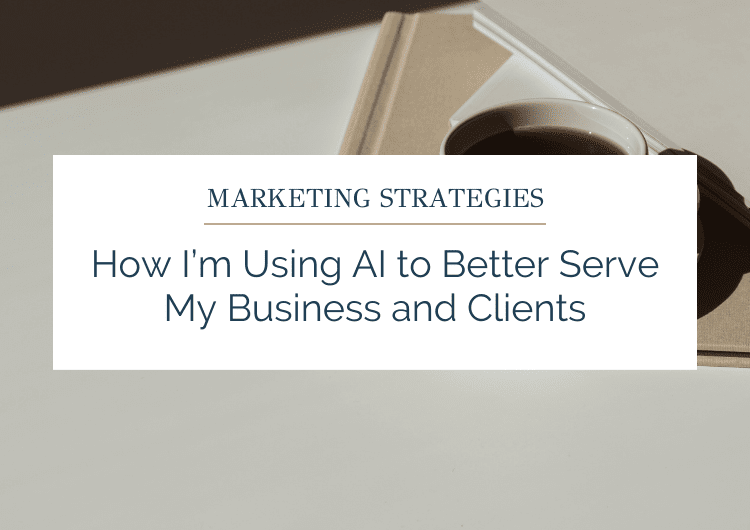9 Elements to Help You Perfect Your Social Media Marketing Strategy

There are many reasons why you should strive to perfect your social media marketing strategy. It will help you build relationships, find new followers, and generate more sales. If done correctly, you will be able to effectively tell the story of your brand, your customer’s pains, and why you are the solution.
Why Your Strategy is so Important
I want you to think of your strategy as step zero when it comes to planning out the social media marketing for your business. Having a well-defined strategy helps you be crystal clear on the direction you’re going and make sure that you’re targeting the right audience. A strategy defines how you talk about your business and how you’re going to differentiate yourself from your competitors.
It allows for consistency (we all can get shiny object syndrome) and gives a level of professionalism and confidence because you are crystal clear on who you are and what the objectives are. Your social media marketing strategy is also something you can refer back to when working with clients, decision-makers, team members, etc.
According to Hubspot, a marketing strategy will:
• Align your team to specific goals.
• Help you tie your efforts to business objectives.
• Allow you to identify and test what resonates with your target audience.
When I create a strategy for clients (which tends to be more content and social media marketing focused) here are the nine things I will typically focus on.
1. Overview
This is a quick summary of what you are doing and why it matters for your business.
2. Goals & Outcomes
How will you know what success looks like? When I am setting up a high-level strategy for a client, this is broken down by platform. We’ll look at website performance with conversions from form fills or sign-ups along with content consumption. We will then look at social media (i.e. engagement) and email marketing (i.e. list building) and how they all tie to sales.
3. Measuring
How will outcomes be measured? When I am working with clients, I will first establish KPIs, and determine how often we will look at them. It’s important to establish a baseline here too!
4. Audience
It is important to clearly define your audience so you know who you are talking to, how to talk to them, and what their pain points are.
5. Messaging
Your messaging needs to communicate how you can help and support your audience. Specifically, why they should work with you. What will make then love your content and want to work with you? Make it clear exactly what action they need to take.
6. Competitors
It’s important to know how you stack up to the competition, but don’t spend too much time here. I tend to look at the platforms that my clients are active on, then focus on what content is getting the best engagement. Comments and questions are a great place to generate ideas!
7. Keywords, Hashtags, and SEO
Most people will focus on just hashtags, but it’s important that social media supports all areas of the business and that everything is working together. Having a solid foundation of keywords and phrases and what our ideal audience searches for is so important.
8. Content Strategy
I start with macro pieces of content. For example blogs, podcasts, videos, etc. This is a great way to build traffic from organic search, but you can also repurpose this content across email, social media, etc. Then break that up into content buckets or categories that are important to the business with examples.
9. Platform Guide
A guide to help you understand where your audience is and how you will show up for them. This is then broken down by platform with a clearly defined purpose along with the types of posts and frequency. Who will do what? This guide will lay out exactly how to handle creation, scheduling, and management – comments, replies, reviews, etc.
This doesn’t have to be overwhelming! Check out Marketing Roadmaps where we create a high-level strategy along with a 90-day roadmap to help get you started!

